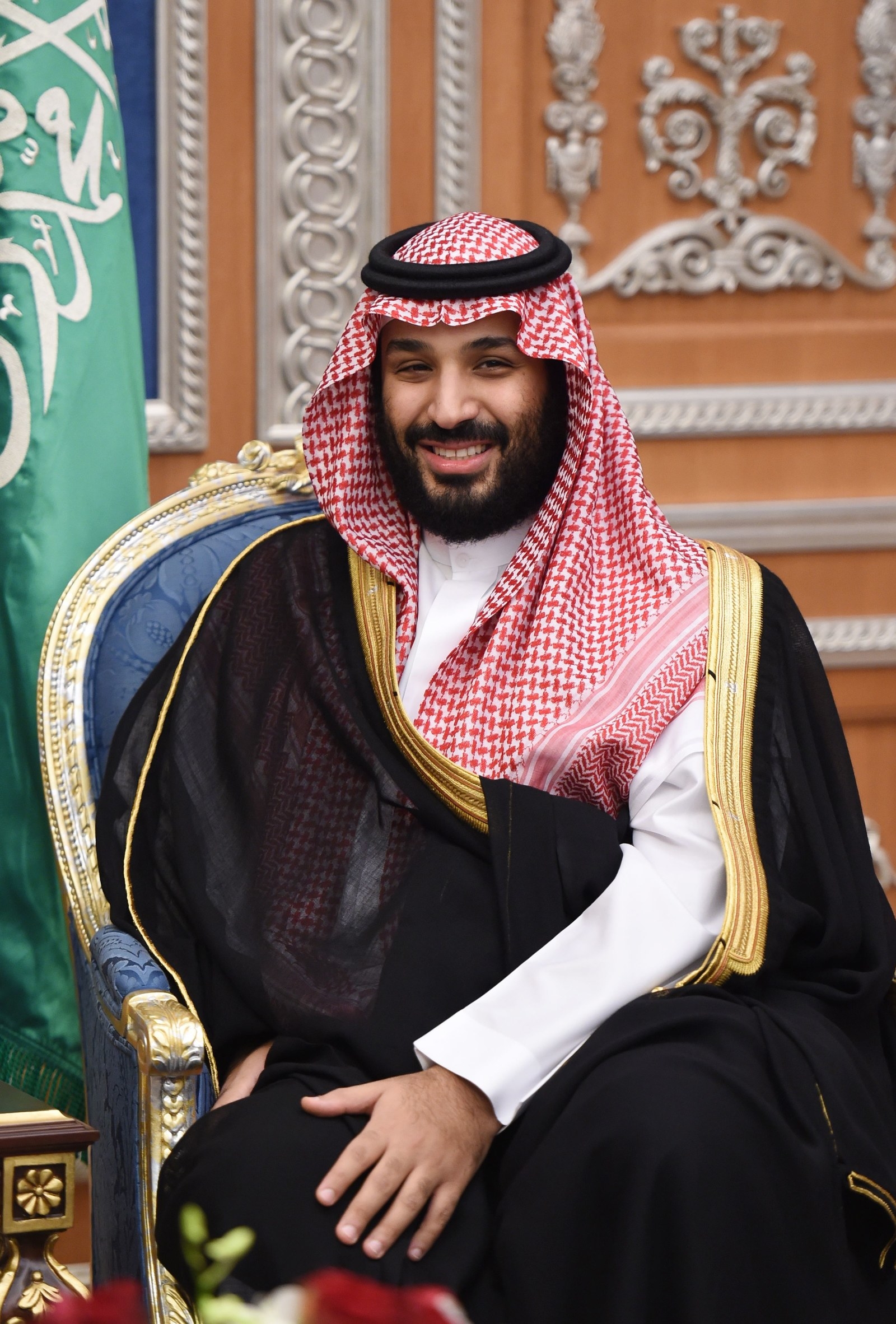Mujtaba al-Sweikat was 17 years old when he attended a protest against the government in Saudi Arabia in the summer of 2012. That December, on his way to visit Western Michigan University, where he was to study English and finance, he was arrested at the airport of eastern city of Dammam, hauled away and convicted after a secret trial on charges that included overseeing a dissident Facebook page and photographing anti-government protests. His sentence: death by hanging, a verdict upheld by an appellate court over the summer.
The ascension of Saudi Arabia’s ambitious new Crown Prince Mohammed bin Salman raised hopes for change inside and outside the conservative, oil-rich monarchy. He has announced drastic social reforms that include modernizing the nation’s religious teachings and granting women more rights. But when it comes to the death penalty, Saudi Arabia remains stuck in its old ways.
The number of executions carried out so far this year is on track to match or possibly exceed the numbers of death penalties in each of the last two years. According to numbers provided exclusively to BuzzFeed News by the UK human rights group Reprieve, 137 people have been put to death this year in Saudi Arabia, 11 of them over the last nine days. Saudi Arabia executed 158 people in 2015 and 154 in 2016, the highest numbers in two decades. A record-high 192 people were executed in 1995.
“These figures demonstrate that under Mohammed bin Salman, the Saudi government has no intention of ending the use of executions as a tool to crush dissent,” Maya Foa, director of Reprieve, a privately funded human rights organization which focuses on death penalty cases, said in an email.

Mujtaba al-Sweikat
Along with China, Iran and Pakistan, Saudi Arabia is among the world’s leading executioners, often deploying the death penalty as a tool for political repression, but also frequently against those charged with non-violent offenses.
This year Bin Salman ascended to the post of Crown Prince, making him next in line to the Saudi throne after his father, King Salman. MbS, as he’s commonly known, has impressed some diplomats, investors, and journalists with promises of reforming the country’s conservative religious rules and ridding the economy of corruption.
But more than two thirds of Saudi Arabia’s 2017 executions took place in the five months since the 32-year-old Saudi royal, who studied law at university, was named Crown Prince. Under the strict interpretation of Islamic law, or sharia, in practice in Saudi Arabia, the death penalty is applicable as punishment for crimes ranging from murder to leaving the faith.
“Capital punishment, since it’s in sharia law, is pretty difficult to change, and I have not heard anything from MbS to the contrary,” Ali Shihabi, executive director of the Arabia Foundation, a Washington think tank close to the Saudi leadership, said by email.
Nearly three quarters of the 2017 executions were carried out after US President Donald Trump’s visit to Riyadh in May, according to numbers provided by Reprieve, with the rate of executions appearing to speed up after his visit. Shortly after Trump’s visit, four people were executed for attending political protests, while 14 protesters had their death sentences upheld. (Following the visit, Trump treasury secretary Wilbur Ross cited a lack of protests in Saudi during Trump’s visit as evidence of widespread contentment.)
“The Saudi authorities seem to have been emboldened after Trump’s visit, when he notably failed to raise human rights,” said Foa.
At least 54 of those executed were foreigners charged with non-lethal drug-related offenses, including at least 10 people who allegedly smuggled narcotics in their stomachs.
Increasingly, multiple convicts have been put to death the same day, a new trend which has disturbed rights monitors. On November 28, seven people were put to death.
“This is unusual; in the past, executions have tended to happen individually, under the auspices of different provinces,” said Foa.

Saudi Crown Prince Mohammed bin Salman
Among those on death row are young men such as Sweikat charged with trying to organize political events through Facebook. Rights groups such as Amnesty International have accused Saudi Arabia of using the death penalty as a political weapon against the country’s restive Shia minority. Saudi Arabia considers itself a patron of the Sunni branch of Islam and continues to promote a controversial and puritanical school of the faith that Bin Salman has vowed to moderate.
“While [Bin Salman] talks a good game about bringing in social reforms and supporting the Kingdom’s young people, the reality is that under his leadership, scores of young people have been sentenced to death for exercising their democratic rights,” said Foa. “It’s perverse to describe the Crown Prince as a reformer, when he is threatening to execute young people whose only crime was attending protests calling for reform.”


